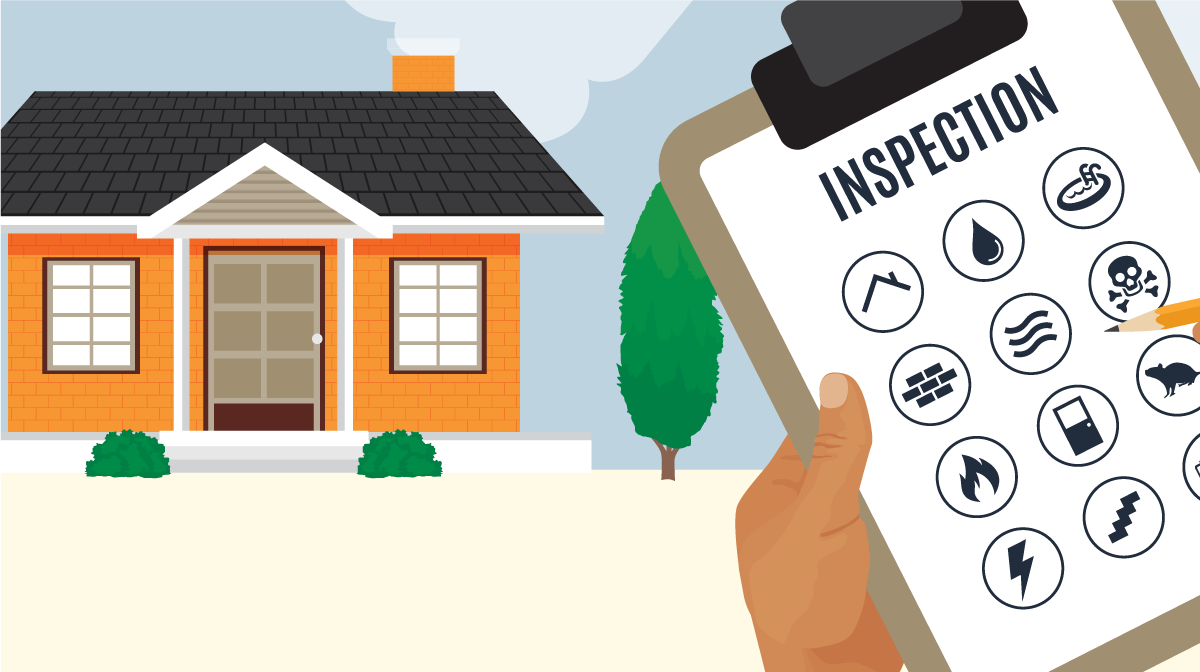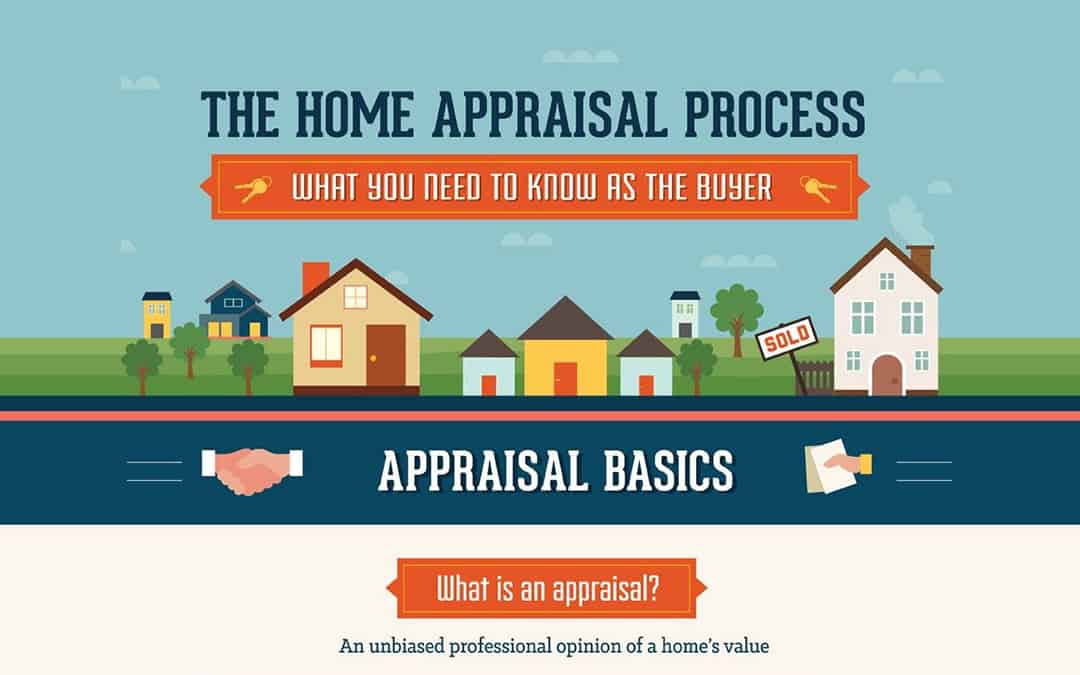The dream of homeownership is a milestone that many people strive to achieve. However, buying your first home in today's real estate market can be a complex and challenging endeavor. With fluctuating prices, varying interest rates, and changing market conditions, it's essential to be well-prepared. This guide will help you navigate the process of purchasing your first home in today's dynamic market.
1. Assess Your Financial Readiness
a. Calculate Your Budget
Start by evaluating your financial situation. Determine how much you can comfortably afford to spend on a home. Consider your income, savings, and current debts. Experts recommend that your mortgage payment should not exceed 28% of your gross monthly income.
b. Save for a Down Payment
A substantial down payment can lower your monthly mortgage payments and improve your chances of securing a loan. Aim to save at least 20% of the home's purchase price for a down payment to avoid private mortgage insurance (PMI).
c. Check Your Credit Score
Your credit score plays a significant role in your ability to secure a mortgage and the interest rate you'll receive. Review your credit report and work on improving your score if needed.
2. Get Pre-Approved for a Mortgage
Before you start shopping for homes, it's wise to get pre-approved for a mortgage. This process involves a lender assessing your financial situation and providing you with a letter stating the maximum loan amount you qualify for. It gives you a competitive edge in the real estate market and shows sellers that you're a serious buyer.
3. Determine Your Homebuying Priorities
Consider what you want in a home. What type of property suits your needs and lifestyle? Think about the location, number of bedrooms, and any specific features that are important to you. Prioritize your "must-haves" and "nice-to-haves."
4. Research the Market
Stay informed about the real estate market in your desired location. Keep an eye on property prices, market trends, and the overall economic outlook. This knowledge will help you make informed decisions about when and where to buy.
5. Find a Real Estate Agent
A knowledgeable real estate agent can be an invaluable resource for first-time homebuyers. They can guide you through the entire process, help you find suitable properties, and negotiate on your behalf. Look for an agent with experience in your preferred area.
6. Start House-Hunting
Begin your search with your priorities in mind. Attend open houses, visit properties, and compare different options. Be patient and take your time; buying a home is a significant decision, and it's essential to make the right choice.
7. Make an Offer
Once you find a home you love, work with your real estate agent to make a competitive offer. Consider factors like the home's condition, the local market, and any contingencies you want to include in your offer.
8. Get a Home Inspection
Before finalizing your purchase, hire a professional home inspector to thoroughly examine the property. This will help uncover any hidden issues that might need attention or negotiation with the seller.
9. Secure Financing
After your offer is accepted, work closely with your lender to complete the mortgage application process. Ensure you have all the necessary documentation ready and meet the lender's requirements.
10. Close the Deal
The final step is the closing process, where you sign the necessary paperwork, pay the closing costs, and become the official owner of your new home. Your real estate agent and lender will guide you through this phase.
11. Plan for Moving
Once you've closed the deal, it's time to plan your move. This includes hiring a moving company, transferring utilities, and setting up your new home.
Buying your first home is an exciting and life-changing experience. In today's market, it's essential to be well-prepared, financially stable, and informed. By following this guide and working with experienced professionals, you can make the dream of homeownership a reality in today's real estate landscape.
Remember that each real estate market is unique, and it's essential to adapt to the specific conditions of your area. Consult with local experts and stay informed to make the most of your home-buying journey.
A guide to buying your first home in today’s market

- Author: Dinesh Jindal
- Category: Home Buying Process
- Date: Oct 26, 2023
1006













